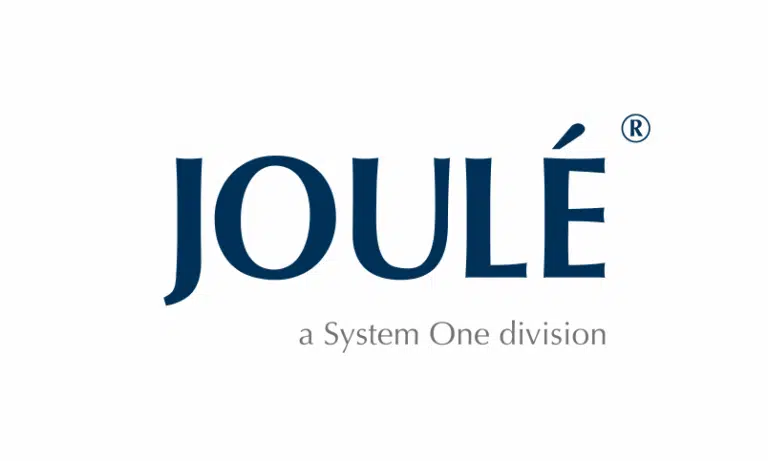Work-Life Balance Doesn’t Mean Working Less

The term "work-life balance" has become a buzzword spoken with good intentions but often poor execution in the name of "self-care." It is a misconception that work-life balance is achieved by working less; it's about creating an environment that enables you to work MORE – that is, more productively, more energetically, and more happily!
Balancing career aspirations and personal well-being is a code that must be cracked many times throughout your life. What it means to be balanced will look different at the beginning, middle, and end of your career – each stage requiring you to reassess how you work best.
Let's dive into the consequences of not prioritizing balance and strategies to achieve it no matter what stage you're in and your priorities.
Imbalance Is the Gateway to Burnout
Before we discuss the evolution of work-life balance over your career, it's crucial to understand the repercussions of getting it wrong. Employee burnout, a term thrown around frequently, is not just a buzzword; it's a genuine threat to the well-being and productivity of workers. About 65% of employees suffered from burnout last year, according to a 2023 report from Isolved, a human resource management system. Read on to learn how to avoid becoming part of this statistic.
Balance In All Stages & Ages
Work-life balance is not a one-size-fits-all concept nor any less important at any given stage. There's no better time than the present to think about how you can get the most out of where you are. First, think about what chapter you're in.
Early Career Hustle
In the early stages of our careers, the balance may tip towards work as we explore opportunities, build skills, and establish ourselves professionally. Long hours and dedication can set the stage for future success, but it's essential to recognize when the pendulum swings too far, jeopardizing personal relationships and well-being.
Mid-Career Juggling
As responsibilities grow and ambitions flourish, mid-career professionals often juggle multiple roles – employee, manager, and perhaps parent or caregiver. Striking a balance becomes a nuanced art, requiring excellent time management and the ability to prioritize what truly matters.
Late-Career Purpose
In the twilight of one's career, the focus may shift towards personal fulfillment and well-being. Achieving a successful career without sacrificing personal happiness becomes the ultimate goal. Late-career professionals may find solace in mentoring the next generation, sharing insights, and fostering a healthy work environment.
Decoding Your Work-Life Equation
Understanding what work-life balance looks like for you is a deeply personal journey. It's not about adhering to someone else's idea of balance but crafting a formula that aligns with your values, priorities, and aspirations.
1. Reflect on Values:
Consider what truly matters to you. Is it spending quality time with family, pursuing personal passions, or achieving professional milestones? Knowing your values provides a compass to navigate the work-life balance maze.
2. Set Realistic Boundaries:
Establish clear boundaries between work and personal life. This might involve defining specific work hours, resisting the urge to answer emails during personal time, and learning to say "no" when needed.
3. Assess Job Satisfaction:
Evaluate your job satisfaction regularly. Ask yourself if your work fulfills you or leaves you drained and dissatisfied. Understanding the emotional impact of your career is crucial to maintaining a healthy work-life balance.
Comparing Work Schedules: In-Office, Hybrid, and Remote
The rise of flexible work arrangements has added new layers to the work-life balance discussion. Understanding the pros and cons of in-office, hybrid, and remote work schedules is crucial to finding the right fit for your lifestyle.
1. In-Office Work:
- Pros: In-office work fosters collaboration, networking, and a structured routine.
- Cons: Commuting, rigid schedules, and limited flexibility can strain work-life balance.
2. Hybrid Work:
- Pros: Offers a balance between in-office collaboration and remote flexibility.
- Cons: Requires effective time management and may blur the lines between work and personal life if not carefully navigated.
3. Remote Work:
- Pros: Provides flexibility, eliminates commuting, and allows for a personalized work environment.
- Cons: Potential feelings of isolation, difficulty separating work and personal spaces, and the need for solid self-discipline.
Understanding your preferences and work style is crucial when choosing a work schedule that complements your desired work-life balance.
Find Your Ideal Balance
As you navigate the complex landscape of work-life balance, consider seeking support in your job search journey. System One recruiters are experts in connecting professionals with opportunities that align with their lifestyle preferences. Whether you crave the camaraderie of in-office work, the flexibility of a hybrid schedule, or the autonomy of remote work, System One can help you find a job that checks all your boxes for a balanced lifestyle. Follow us on LinkedIn to connect with a recruiter today!
Looking for business solutions?
Explore System One

